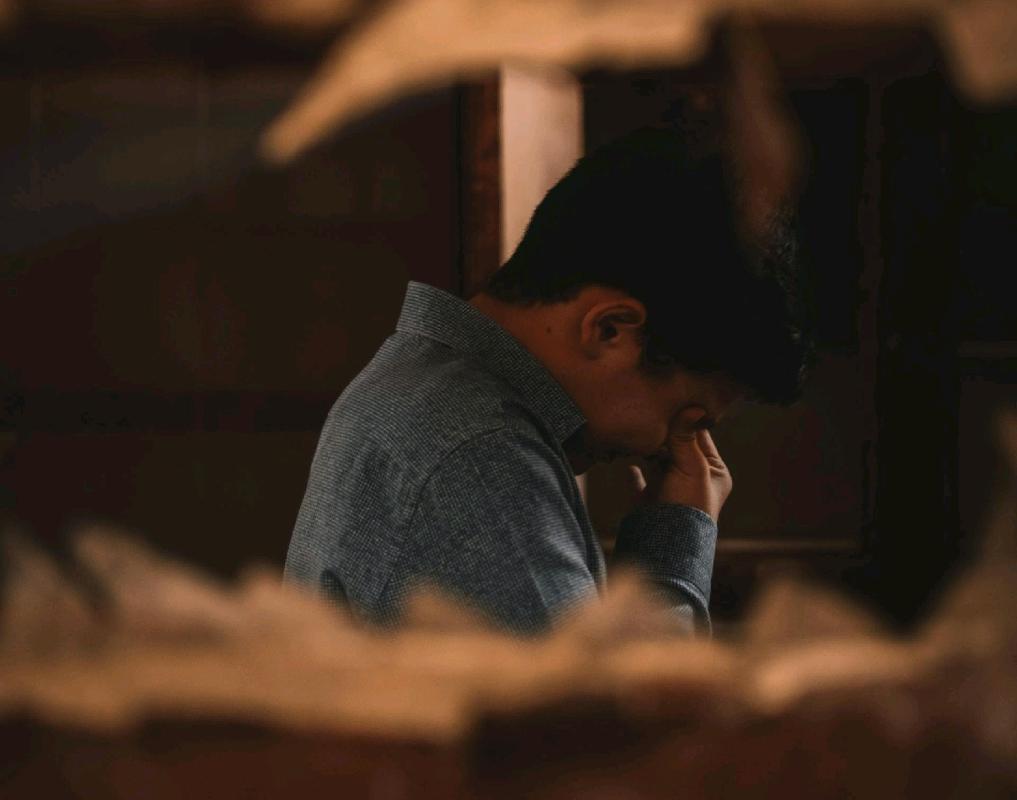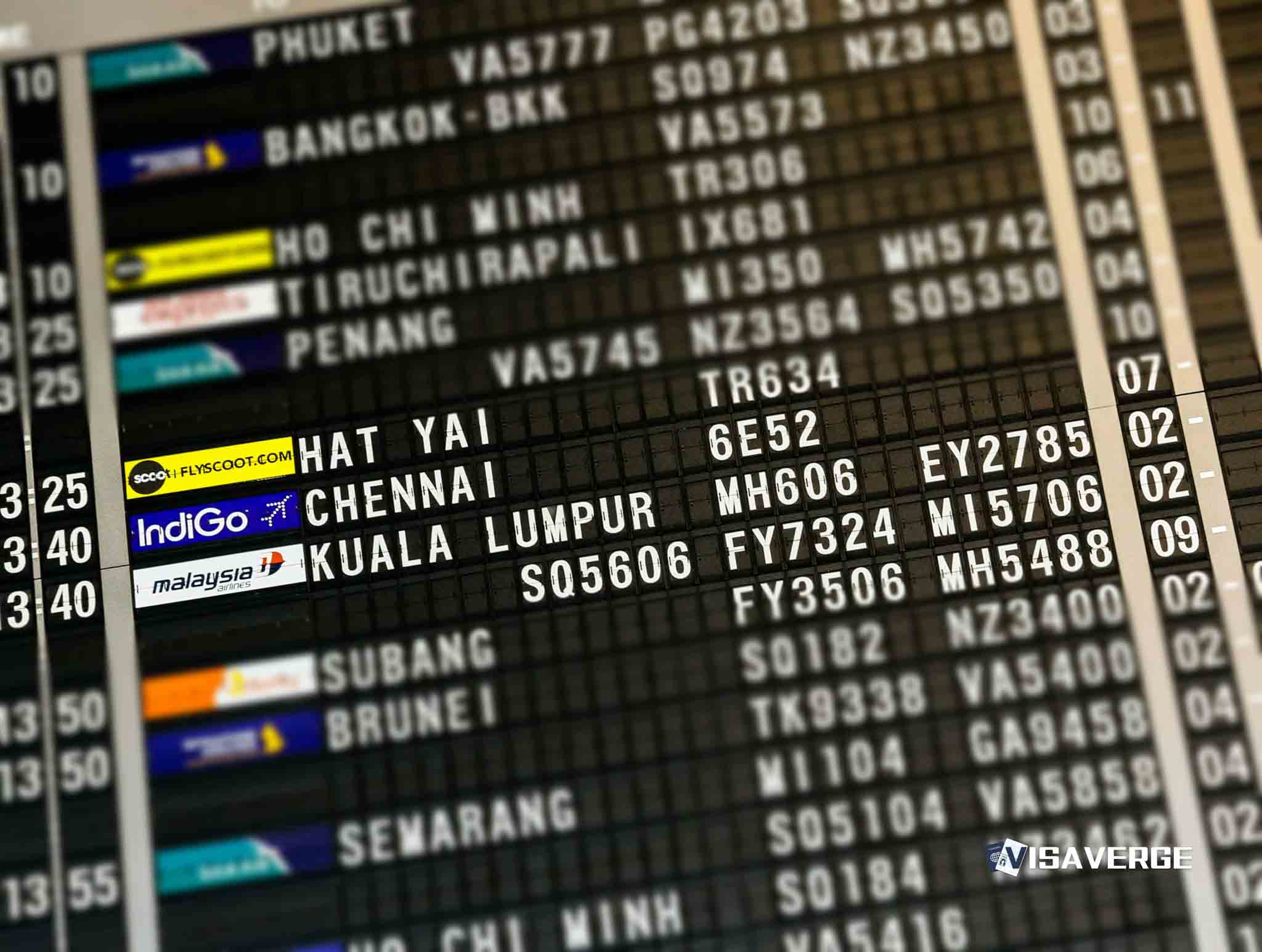Key Takeaways
• Priya Saxena faced deportation over a minor traffic offense and dropped DUI charge, sparking a significant legal dispute.
• A federal judge granted her a temporary restraining order, restoring her SEVIS record and allowing her to graduate May 10.
• The case highlights increased enforcement on international students and ongoing court battles for future legal protections.
Priya Saxena, an international doctoral student from India at South Dakota Mines, has found herself at the center of an important legal dispute over the rights and protections of foreign students in the United States 🇺🇸. At the heart of this matter lies the question of whether the government went too far in trying to deport her because of a single minor traffic offense. While Saxena’s story is personal, it also shows bigger policy changes and the climate international students now face across the country.
A Student’s Struggle Begins

The trouble for Priya Saxena began back in 2021. She was convicted of a misdemeanor for failing to move over for an emergency vehicle. This was a traffic violation—a mistake that many drivers can relate to. She paid all the fines set by the court for this offense. According to the court records, this was her only conviction. However, immigration officers dug into her background and brought up a past incident where she had been detained on suspicion of DUI (driving under the influence). Crucially, those DUI charges were dropped after Saxena showed proof that her blood alcohol level was below the legal limit. Despite this, officials said she made herself “eligible for visa revocation” because she did not mention the DUI detention when applying for her F-1 student visa status.
That decision to revoke her visa meant Saxena faced the possibility of being sent home before completing her doctorate at South Dakota Mines. For an international student who had worked hard to reach this stage, the outcome was devastating.
Legal Fight and Temporary Relief
Not willing to give up her dream or accept what she saw as an unfair process, Saxena went to court. She filed a lawsuit against Kristi Noem, now in charge of Homeland Security, and Immigration and Customs Enforcement (ICE) officials. Saxena and her legal team argued that the government had acted wrongly and violated her right to due process. They said that a single minor traffic violation, and a dismissed DUI that she was never convicted of, should not cost someone their entire future in the United States 🇺🇸.
U.S. District Judge Karen Schreier took her situation seriously. Judge Schreier issued a temporary restraining order (TRO) that blocked the government from deporting Saxena. The order was a strong message: before any student gets removed from the country, the case must be fully heard in court. The judge also ordered ICE to restore Saxena’s SEVIS record. The SEVIS record is a government database file showing that someone is actively attending school in the United States 🇺🇸; if this record is removed, a student can lose their legal status and be kicked out of school.
Thanks to the TRO, Saxena was allowed to stay enrolled at South Dakota Mines and attend her graduation ceremony, which was scheduled for May 10. This was a huge relief, not only for Saxena but for her professors and peers, who believed she deserved to complete her work after years of dedication.
Judge Schreier’s order also told the Department of Homeland Security to leave Saxena alone while the legal proceedings continued. No one was allowed to remove her from South Dakota or restrict her freedom.
Ongoing Legal Proceedings
The TRO was only meant to give temporary breathing room. Originally, it was set to run out on May 2. But as the case proved complicated and important enough, Judge Schreier extended the order through May 16. This gave everyone more time as the court prepared to weigh whether longer-term protections should be given until the lawsuit could be sorted out for good.
ICE did follow the judge’s order and restored Saxena’s student record. However, ICE lawyers pushed back. They argued in court papers that going any further by giving a “preliminary injunction” (a type of court order that would block deportation for longer) would be improper. ICE said district courts do not have the power to make final decisions about who gets a visa and who doesn’t.
A new hearing was scheduled for May 13. At this hearing, the judge would listen to both sides about whether to extend the protections for Saxena, or perhaps grant a stronger court order blocking her removal from the United States 🇺🇸 while the lawsuit continued.
Priya Saxena’s Current Situation
With the temporary legal shield in place, Saxena was able to graduate from South Dakota Mines as planned on May 10. This milestone came only because a federal judge intervened on her behalf. While the joy of graduation was real, her future still hangs in the balance. The key questions—whether her visa should have been revoked, and whether the government treated her fairly—are still working their way through the legal system.
As things stand:
– Priya Saxena is in the United States 🇺🇸 under the protection of a temporary court order.
– She has filed a lawsuit challenging both the reasons and the process used to revoke her F-1 student visa.
– The judge will soon decide whether to give her more permanent protection or other relief while the case moves forward.
What Are the Rules for International Students?
To understand the stakes in Saxena’s case, it is important to know what the F-1 student visa is and what it requires. The F-1 visa lets students from overseas come to the United States 🇺🇸 for academic study at accredited schools, such as universities or colleges. Holders of this visa have to follow strict rules. Even a small slip or misunderstanding around the rules can lead to serious trouble.
For example, F-1 students must:
– Enroll in a full course of study each term.
– Report any changes in their address promptly.
– Not work off-campus without written permission.
– Avoid any criminal activity, even minor.
If a student is convicted of a crime or violates visa rules, their SEVIS record can be terminated and their visa revoked. Once a visa is revoked, the student can be ordered out of the country by ICE.
These rules are strict because they are tied to national security and legal compliance. However, as seen in Saxena’s story, even honest mistakes or minor infractions can lead to harsh results.
For those interested, the official U.S. Citizenship and Immigration Services website has more details about F-1 student visa requirements and responsibilities.
Changing Enforcement and Wider Policy Impact
Priya Saxena’s court battle is not just about her alone. Over the past few years, immigration officials in the United States 🇺🇸 have made changes that affect all international students, both at South Dakota Mines and beyond. Under new policies, students can face deportation not just for serious crimes, but sometimes for infractions that may not seem major—such as a traffic ticket or a situation where charges got dismissed.
As reported by VisaVerge.com, immigration lawyers and advocates now advise F-1 visa holders to be extra careful when reporting any contact with law enforcement. Even a simple misunderstanding or omission on a visa application can become grounds for visa revocation and removal—no matter how minor the underlying incident may have been.
Advocates also say that the current environment can leave international students feeling afraid, isolated, and unsure where to turn if they are targeted by immigration enforcement.
What the Legal Dispute Means
There are several important points being debated in the Saxena lawsuit:
- Due Process: Did the government follow fair procedures before trying to deport Priya Saxena, or was her right to be fully heard in court ignored?
- Grounds for Visa Revocation: Was a misdemeanor traffic offense, plus a dismissed suspicion of DUI (with no charges), enough to trigger visa loss? Or should students be allowed to explain minor or accidental issues before being forced to leave?
- Authority of the Courts: Do district courts have the power to protect students from deportation by blocking government action while a lawsuit is underway? Or can immigration agencies act first and let students challenge their case only after leaving the country?
-
Policy Signals: Will the outcome send a message about how much discretion courts have to check government overreach in visa cases?
These bigger questions go well beyond South Dakota Mines and affect thousands of international students each year.
Reactions and Next Steps
Many people in the South Dakota Mines community, and beyond, are watching Saxena’s case closely. Faculty members, classmates, and legal experts say they hope it will lead to changes that make the system fairer for students who follow the rules and put in years of hard work.
The case has also gotten the attention of immigration lawyers all over the United States 🇺🇸, who hope that a strong court decision will spell out what protections international students can expect in similar situations.
For now, all eyes are on Judge Schreier’s next ruling, expected shortly after the May 13 hearing. Until then, Saxena’s future, as well as the policies for other F-1 student visa holders, remain unsettled.
Historical Perspective
In past years, minor traffic violations rarely led to the revocation of student visas. Yet, policy priorities change from one administration to another. In Saxena’s case, what made her story so alarming is that she was never convicted of the more serious charges of DUI; yet her omission of even the suspicion of DUI led to the government’s effort to revoke her visa.
This kind of strict policy, critics say, can discourage bright students from coming to the United States 🇺🇸 at all—hurting schools like South Dakota Mines that rely on global talent.
What Should International Students Know?
Those who hold F-1 student visas should:
– Be honest and complete when filling out visa and school documents.
– Report all brushes with the law, including even traffic stops, to their school’s international office.
– Know their rights if contacted by immigration officials.
– Seek legal advice right away if their SEVIS record is in danger.
College and university international offices can help students understand their obligations and can even act as intermediaries with immigration officials if trouble comes up.
Summary
The fight over Priya Saxena’s ability to stay in the United States 🇺🇸 and finish her degree at South Dakota Mines is a single case, but its effects go much further. It shows how easily a student’s future can be put at risk, even for small, everyday mistakes. The temporary protection she received from the courts allowed her to graduate, but her long-term status remains uncertain as the judge considers further relief.
The broader lesson for all F-1 student visa holders is clear: follow the rules closely, keep your records clear, and know your legal options if something unexpected happens. As this case shows, it takes only one minor offense or misunderstanding to open the door to a major legal fight. For updates and resources, keep in touch with trusted sources like USCIS.gov.
Priya Saxena’s challenge highlights the need for clear, fair, and consistent immigration policies that support the dreams of international students at South Dakota Mines and across the country.
Learn Today
F-1 Student Visa → A nonimmigrant visa allowing foreign students to study full-time at accredited U.S. schools, with strict compliance rules.
SEVIS → The Student and Exchange Visitor Information System; a government database tracking international students’ academic status in the United States.
Temporary Restraining Order (TRO) → A short-term court order preventing action, such as deportation, until a hearing can fully review the facts.
Visa Revocation → The official cancellation of a person’s visa status, typically resulting in the loss of legal rights to stay in the U.S.
Due Process → The constitutional right ensuring fair legal procedures before the government can deprive someone of liberty, such as deportation.
This Article in a Nutshell
Priya Saxena’s deportation fight underscores how even minor offenses can risk international students’ visas. Federal court intervention restored her SEVIS record and graduation hopes, but lasting protections remain undecided. Her case sets a precedent, warning all F-1 visa holders to follow rules closely and be transparent with immigration authorities always.
— By VisaVerge.com
Read more:
• Deportation Flights Ignite Outrage at Mesa Gateway Airport
• Avelo Airlines Launches Deportation Flights From Mesa
• Deportation Flights to Mexico Skyrocket Under Trump
• Trump Administration Launches Nine Deportation Flights to Mexico
• Online scams exploit immigrants’ fears of deportation across the US








